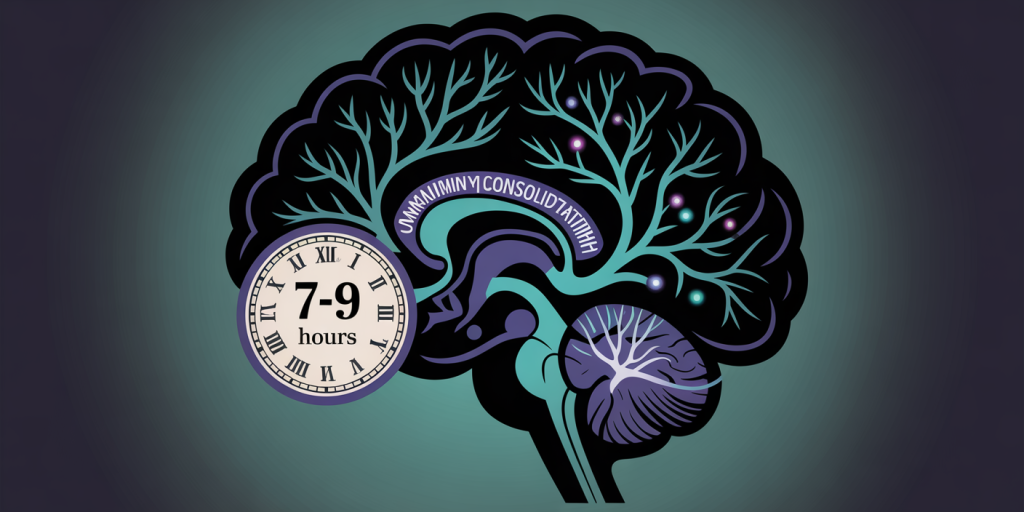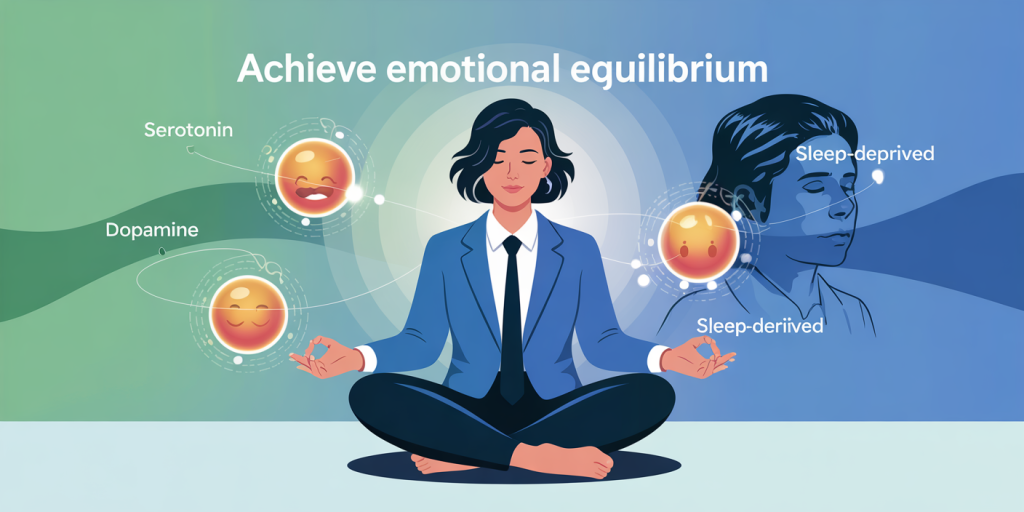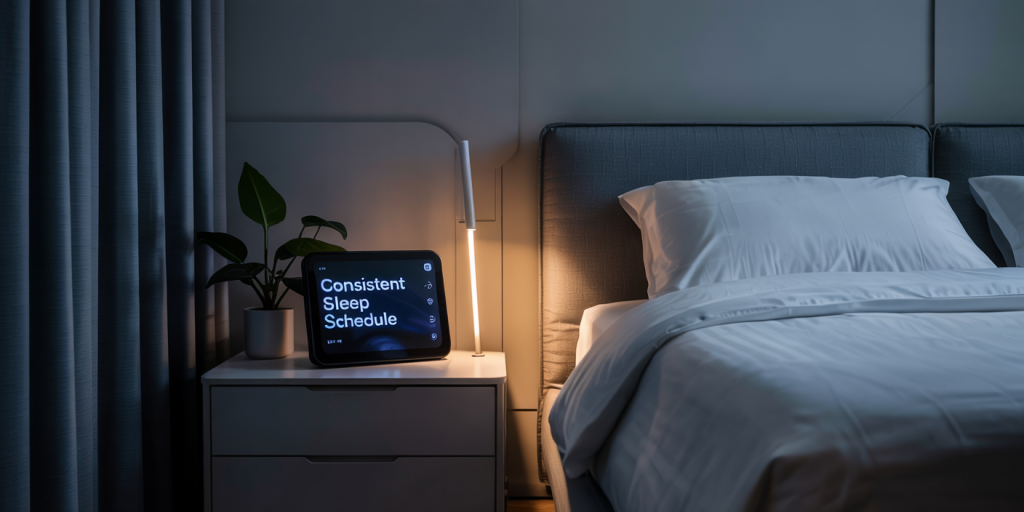The Importance of Sleep for Productivity and Personal Success
In today’s fast-paced and achievement-driven society, the role of sleep in enhancing productivity and personal success is often underestimated. Many individuals view sacrificing sleep as a necessary trade-off for working longer hours and accomplishing more. However, extensive research reveals that adequate sleep is not just a luxury but a vital component of cognitive function, emotional regulation, and overall performance. This article explores the profound impact of sleep on productivity, how it fosters personal success, and the strategies individuals can adopt to optimize their sleep habits for better outcomes.
The Science Behind Sleep and Cognitive Performance
Sleep is a complex biological process that plays a critical role in maintaining cognitive abilities such as memory, attention, decision-making, and problem-solving. According to the National Sleep Foundation, adults require between 7 to 9 hours of sleep per night to function optimally. When this requirement is not met, cognitive impairment becomes evident, leading to reduced productivity.

One landmark study published in the journal *Sleep* demonstrated that even mild sleep deprivation (less than 6 hours of sleep for several consecutive nights) resulted in significant declines in attention span and working memory. This impairment decreases one’s ability to process new information, complete tasks efficiently, and maintain focus during critical activities. For example, a real-world case involved a group of interns working night shifts at a hospital who showed a 36% increase in medical errors after several nights of restricted sleep compared to fully rested shifts.
It is important to realize that sleep does not solely affect the brain’s ability to work but also how it prepares for future challenges. During sleep, the brain consolidates memories and processes the day’s experiences, which enhances learning and creativity. This is why individuals who maintain consistent sleep schedules often outperform their sleep-deprived counterparts in tasks requiring innovative thinking or complex problem-solving.
Sleep’s Role in Emotional Regulation and Motivation
Beyond cognitive benefits, sleep is indispensable for emotional regulation—a key factor in sustaining motivation and resilience in personal and professional pursuits. Sleep deprivation affects the amygdala, a brain region involved in processing emotions such as fear and anger, making individuals more prone to stress and anxiety.

A 2017 study conducted by researchers at the University of California, Berkeley found a 60% amplification in emotional reactivity among participants who had less than 5 hours of sleep compared to those who had a full night’s rest. This heightened emotional volatility can undermine workplace relationships, degrade teamwork, and impair leadership capabilities, all of which are detrimental to sustained success.
Moreover, consistent sleep patterns promote the release of neurotransmitters like serotonin and dopamine, which boost mood and maintain motivation. Entrepreneurs and high achievers often cite adequate sleep as a foundational habit. Take Jeff Bezos, for instance, who has publicly stated that prioritizing 8 hours of sleep daily is a non-negotiable aspect of his productivity strategy—highlighting how restorative sleep helps maintain his decision-making acuity and energy levels over long workdays.
Comparative Analysis: Sleep Duration and Productivity Outcomes
To further understand the link between sleep and productivity, the following table compares average sleep durations with corresponding productivity measures based on data from multiple workplace studies.
| Sleep Duration Per Night | Productivity Level (Relative Scale) | Error Rate (%) | Employee Satisfaction (%) |
|---|---|---|---|
| Less than 5 hours | 50 | 28 | 42 |
| 5-6 hours | 65 | 19 | 58 |
| 7-8 hours | 100 | 7 | 85 |
| 9+ hours | 90 | 10 | 78 |
This data illustrates a clear optimal range between 7 to 8 hours of sleep. Not only does productivity peak within this window, but error rates decrease dramatically, and overall satisfaction tends to be higher. The drop in productivity when sleeping less than 6 hours is significant, reinforcing the negative impact of insufficient rest.
Interestingly, sleeping more than 9 hours shows a slight decline in productivity and satisfaction, suggesting that oversleeping may also interfere with daily performance, perhaps due to underlying health issues or disrupted circadian rhythms.
Practical Strategies to Improve Sleep for Enhanced Productivity
Adopting effective sleep hygiene practices can lead to substantial improvements in both rest quality and daytime productivity. Here are several actionable strategies based on scientific recommendations:
1. Establish a consistent sleep schedule: Going to bed and waking up at the same times each day strengthens the body’s internal clock, making it easier to fall asleep and wake refreshed. For example, companies like Google encourage employees to maintain consistent sleep to boost creativity and efficiency.
2. Create a sleep-conducive environment: A dark, cool, and quiet bedroom significantly improves sleep quality. Using blackout curtains, earplugs, and maintaining temperatures between 60-67°F (15-19°C) are widely advised.

3. Limit exposure to screens before bedtime: Blue light emitted by smartphones, computers, and TVs inhibits melatonin production, delaying sleep onset. Real-world applications include applying “night mode” settings on devices or abstaining from screens 1 hour before bed.
4. Mindful consumption of stimulants: Avoid caffeine and heavy meals close to bedtime to prevent disruptions. Several studies confirm that caffeine consumed even 6 hours before sleep can reduce total sleep time by up to one hour.
Employing these strategies can help restore natural sleep rhythms and improve daytime productivity. For example, a 2019 corporate wellness program integrating sleep education saw a 20% increase in participants’ on-job performance within 3 months.
How Poor Sleep Affects Long-Term Personal Success
Chronic sleep deprivation not only hampers daily productivity but also has severe consequences for long-term personal success. Prolonged lack of restorative sleep is linked with increased risks of cardiovascular disease, obesity, diabetes, and mental health disorders. Such conditions may lead to frequent absenteeism and diminished work capacity, ultimately derailing career progression.
Furthermore, inconsistent or insufficient sleep can impair learning and skill acquisition, which are essential in highly competitive industries. For instance, medical residents, despite rigorous schedules, have adopted strict sleep protocols after studies revealed that sleep loss compromised their patient care and learning efficiency.
In terms of psychological impact, fatigue and irritability due to poor sleep can impair interpersonal skills, reduce emotional intelligence, and affect leadership development. Success in careers that rely heavily on networking and emotional acumen—such as sales, management, and the arts—is therefore intricately tied to sleep quality.
Future Perspectives on Sleep Research and Productivity Enhancement
Emerging research continues to expand our understanding of the precise biological mechanisms linking sleep with productivity and success. Advances in wearable technologies now enable individuals to track sleep patterns in real time, offering personalized insights to optimize rest.
Artificial intelligence is also playing a transformative role in interpreting sleep data and recommending individualized interventions. Companies like Fitbit and Oura have integrated sleep stage detection and recovery scores to empower users to make informed lifestyle adjustments.
Moreover, organizational attitudes toward employee sleep habits are evolving. Progressive companies are beginning to incorporate nap rooms, flexible schedules, and awareness campaigns into corporate wellness programs, acknowledging that enhancing employee sleep correlates with increased profitability and innovation.
Looking ahead, the confluence of neuroscience, technology, and workplace culture holds promise for redefining productivity paradigms. The growing recognition that sleep is not the enemy of success but rather a catalyst for it paves the way for healthier, more sustainable approaches to work and life balance.
—
In sum, investing in high-quality sleep is indispensable for boosting productivity and achieving personal success. From cognitive sharpness and emotional resilience to long-term health and career advancement, sleep influences every aspect of human performance. By adopting scientifically backed sleep practices and embracing new technological tools, individuals and organizations alike can harness the profound power of sleep to unlock their fullest potential.
